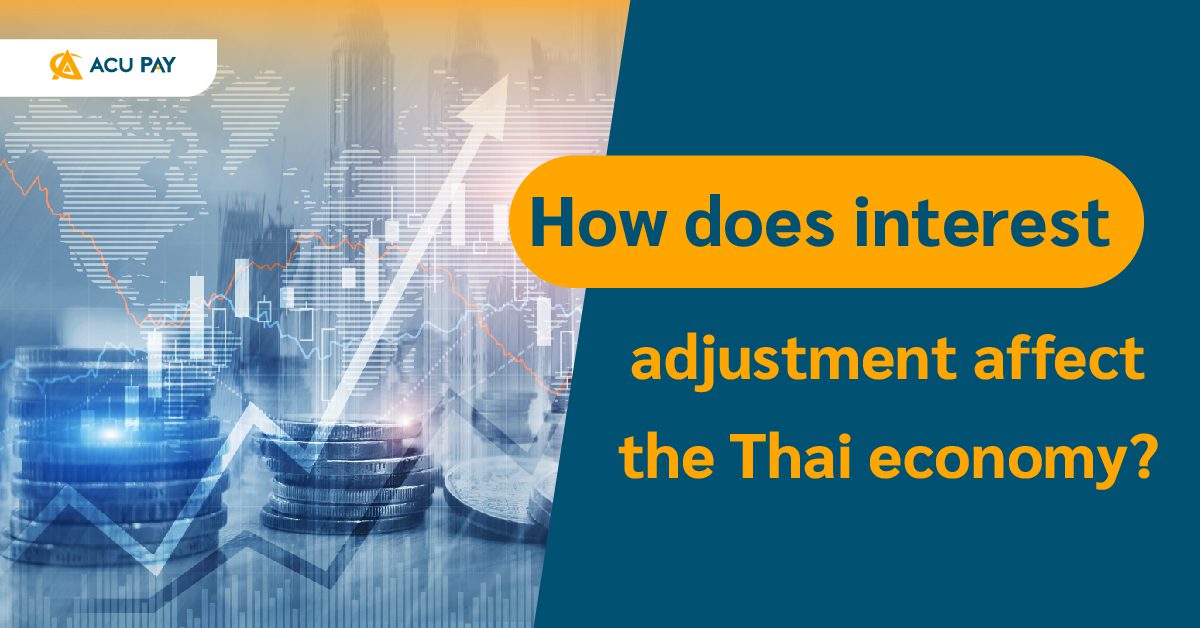

One of the central bank’s main tasks is to keep inflation within the target range. If inflation is too high or too low, the central bank must use financial instruments to control the situation. The policy rate is an important tool for implementing monetary policy.
When the central bank raises interest rates, financial institutions will adjust their deposit and loan rates in line. This interest rate increase will make people more likely to save more money and reduce spending and investment, especially those who have borrowing plans to slow down the plan due to higher costs. On the other hand, those who have debt will have to pay higher interest and have less money to spend.
Reducing demand from the public and business sectors will slow the economy and help reduce inflation. In case of high inflation, interest rate hikes can be a means of controlling the rapidly changing prices of goods and services.
During the economic downturn, the central bank may announce interest rate cuts to stimulate spending and investment. Interest cuts will reduce borrowing costs, and increase incentives for people and businesses to borrow and invest more. In addition, this method will generate more money in the economic system, encouraging people to spend more.
Increasing demand from interest rate cuts may help the economy grow, but at the same time, inflation may rise as well.
The Fed’s interest rate adjustment has significantly affected financial markets and the Thai economy, especially in terms of capital inflows and exchange rates. When the Fed raises interest rates, investors move their funds back to the US for higher returns, resulting in capital outflows from the Thai stock market.
Rising U.S. interest rates have resulted in the strengthening of the dollar, and weakening of the Baht, which has affected Thai exports. Meanwhile, Thai products may be more competitive in price, but demand for goods from the U.S. may decrease, so exports to the U.S. may decrease as well.
Interest adjustment has had a significant impact on many industrial groups in the Thai stock market, such as:
Interest rate adjustments are an important tool to control the Thai economy, which affects the spending, investment, and competitiveness of the country. Meanwhile, interest rate adjustments in the United States also affect the Thai economy in many ways, both in exchange rates, trade, and capital markets.
Understanding these impacts will help both the public and investors to adapt more effectively to changing economic conditions.
References from
plus.thairath / pi.financial / bot.or

MAKE A GREAT DAY WITH ACU PAY.